Manosphere
UFC’s $7.7B Paramount Deal Faces Political Pitfall: Dana White’s Trump Connection
The UFC has inked a historic seven-year, $7.7 billion media deal with Paramount, signaling the end of its long-standing pay-per-view dominance and the start of a new era in mainstream sports broadcasting. The move promises greater accessibility, with fight cards set for network TV and streaming audiences. But as the sport goes global, a lingering question remains: could UFC president Dana White’s public allegiance to Donald Trump alienate the very audience this deal is meant to attract?
For years, Dana White has expanded the UFC’s reach by embracing diversity inside the Octagon. Today, only one of the 11 reigning champions is American, with fighters from Australia, Georgia, and beyond leading the charge. The UFC’s breakout moments—from Ronda Rousey’s 2013 debut against openly gay fighter Liz Carmouche to Jessica Andrade’s Octagon proposal to her girlfriend—have shown a progressive side that appeals to younger, more inclusive fans.
Yet Dana White’s close friendship with Donald Trump stands in stark contrast to that image. He has campaigned for the former president, hosted him cageside, and even entertained the idea of holding a UFC event at the White House. While “bro culture” in MMA overlaps with parts of Donald Trump’s base, the sport’s global roster and increasingly diverse audience make the political gamble more complicated.
Trump Denies Writing Nude Sketch Birthday Note to Epstein as MAGA Base Erupts
Complicating matters further, Donald Trump’s popularity has waned among younger men—a core UFC demographic—since his latest term began. Influencers like UFC commentator Joe Rogan, once a vocal Trump backer, have distanced themselves over issues like tariffs, deportations, and the Jeffrey Epstein scandal. Gen Z fans, in particular, tend to be politically independent, socially progressive, and globally minded—traits that don’t align neatly with Trump’s brand.
View this post on Instagram
The Paramount partnership itself carries political baggage. Critics note the media giant’s recent decisions, such as settling a lawsuit over editing a Kamala Harris interview and canceling Stephen Colbert’s show despite strong ratings, as signs of political appeasement. Aligning UFC’s future with a partner under scrutiny could magnify the risks if Dana White’s political ties become a lightning rod for controversy.
Historically, White has been willing to adapt. He once swore women would “never” fight in the UFC—until Ronda Rousey became a global superstar. He brought in viral sensation Kimbo Slice after publicly criticizing him. But with U.S. fight-night buys slipping and the sport’s domestic stars in short supply, the UFC needs broader mainstream acceptance more than ever.
Barron Trump and the Manosphere: Podcasts, UFC, and the Path to Donald Trump’s Victory
Dana White has said he’s done with politics after Trump. Whether he sticks to that vow may determine whether the Pramount UFC’s $7.7 Billion gamble with Paramount becomes a long-term win—or a missed opportunity to grow the sport beyond its loyal core.


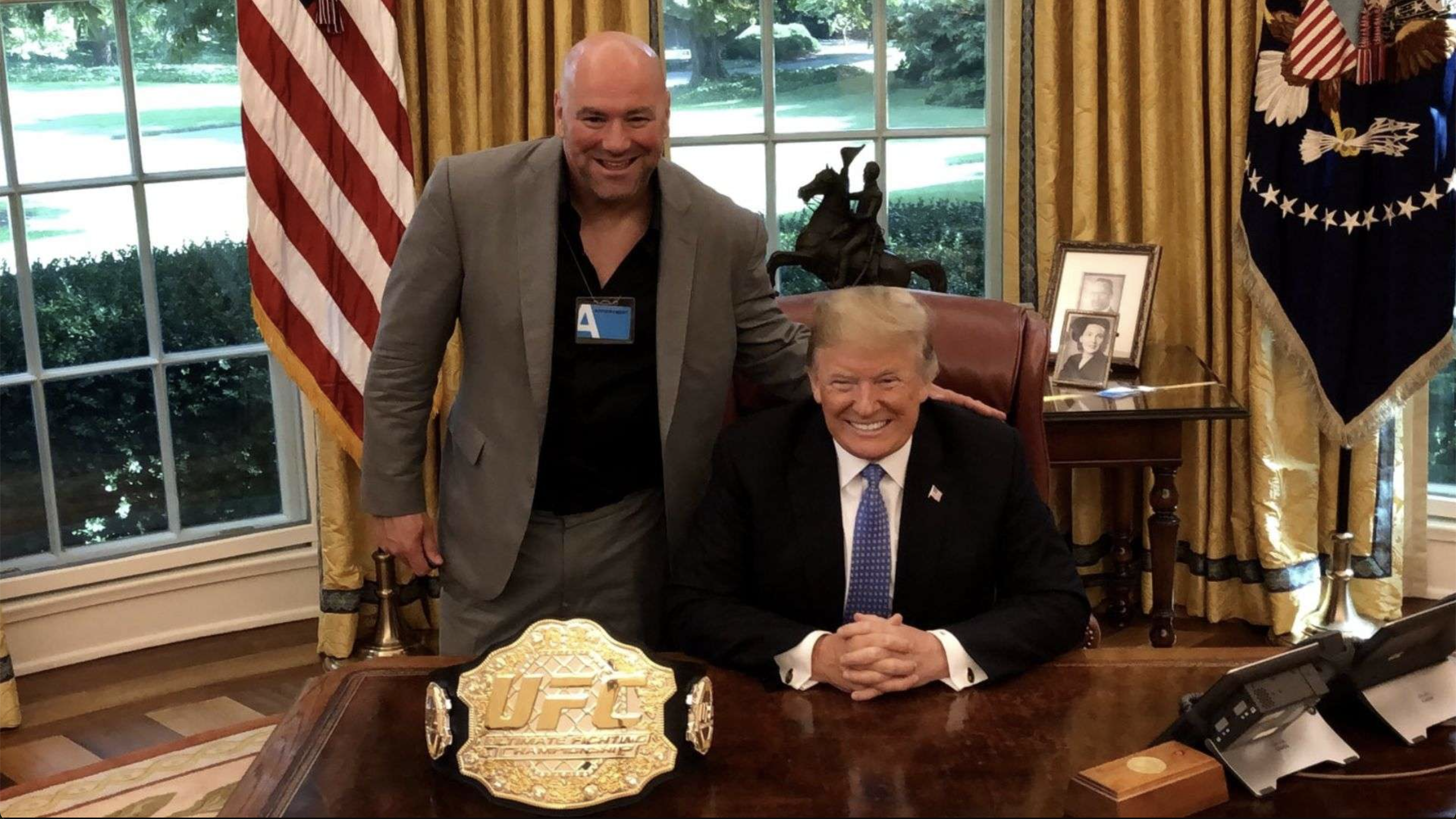
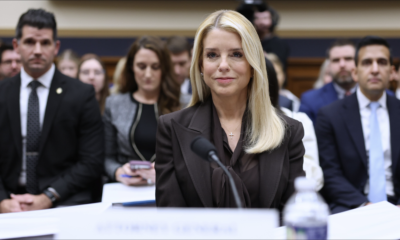

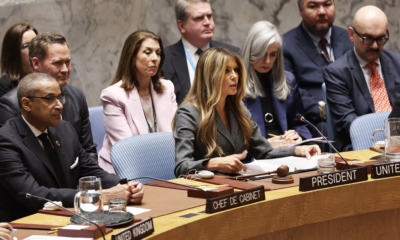



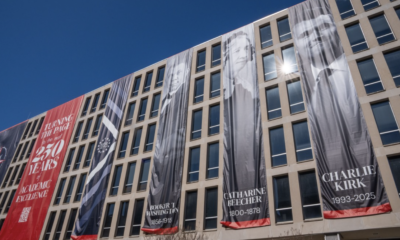



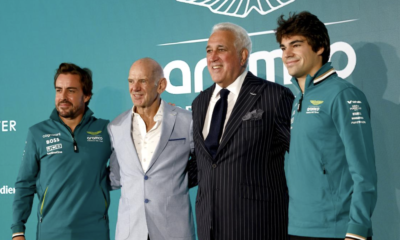





























Pingback: Trump Turns White House Into Octagon: UFC Plans Spark Outrage
Pingback: Paramount’s $20 Share Offer Rejected by Warner Bros. Discovery